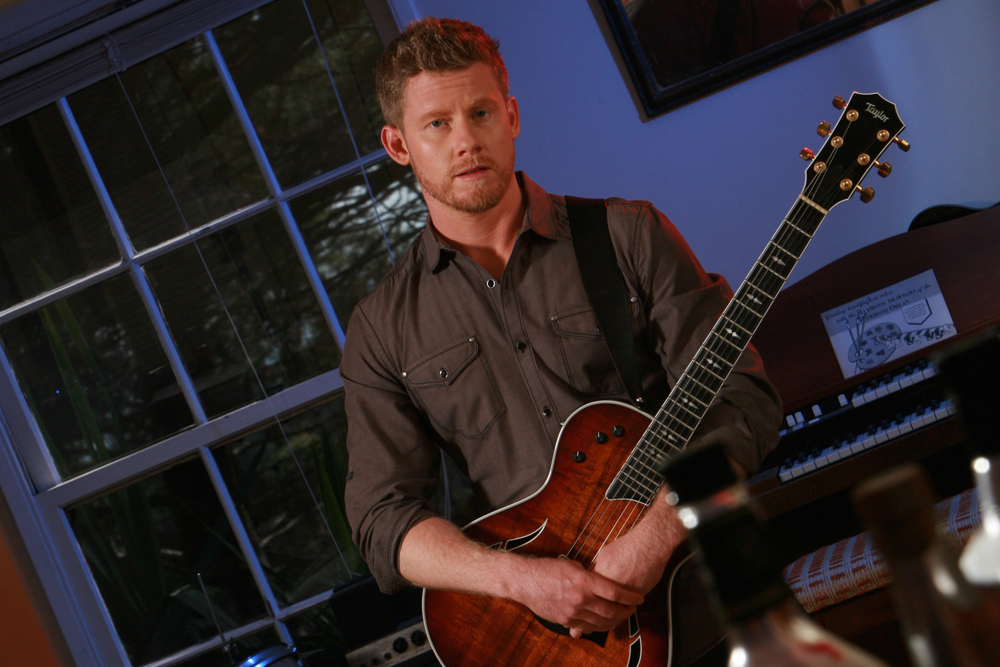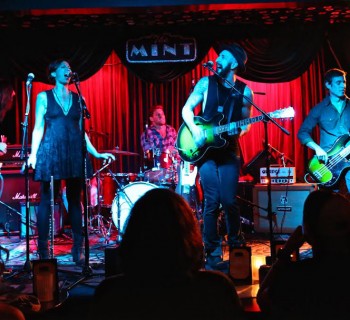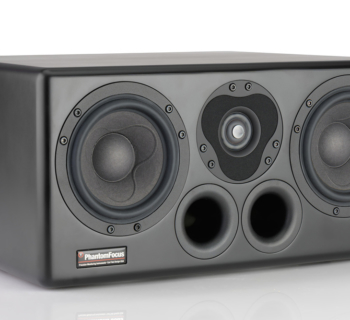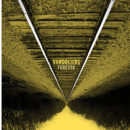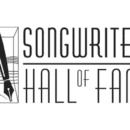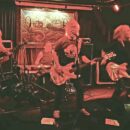Even before the release of her full-length independent debut album Sit Still, Look Pretty on Oct. 7, Pittsburgh bred singer/songwriter Daya--who turned 18 on Oct. 24--was enjoying an extraordinary breakthrough year on the charts. Her platinum-selling debut single “Hide Away” reached No. 23 on the Billboard Hot 100 and has scored over 214 million streams on Spotify. Her follow-up track “Sit Still, Look Pretty,” declared one of the “songs of summer” by Entertainment Weekly, reached No. 28 and has more than 110 million streams. She was also the featured vocalist on “Don’t Let Me Down,” a Top 5 hit for DJ duo the Chainsmokers.
Daya is not only the first artist signed to Los Angeles-based indie label Artbeatz, but it was her undeniable potential that inspired its principals––veteran promotion manager Steve Zap and songwriter, producer and artist manager Gino Barletta––to form the company. Distributed by RED Distribution, Artbeatz is a joint venture with Zap’s Z Entertainment. The singer, whose given name is Grace Tandon, was a high school junior when she hooked up with Barletta through her longtime Pittsburgh vocal coach Christina Chirumbolo.
Music Connection: First things first. What is the story behind “Daya,” your unique artist name?
Daya: It was inspired in part by my heritage. My grandfather is Indian American. It’s a Sanskrit word meaning compassion, kindness, to sympathize with. Literally, it’s translated as “suffering in the suffering of all others.”
MC: Congrats on the release of Sit Still, Look Pretty. As an “opening statement” introducing yourself to pop music fans, how do you think the album and its material reflect who you are as an artist and person right now?
Daya: I think that this collection of songs is a more a full reflection of me than listeners had, just with the first two singles. It’s the best way for people to get a sense of who I am as a person, songwriter and artist who’s excited to finally be out in the world. Hopefully, they’ll relate to it and love it like I do. The themes on the album reflect the fact that I’m young and have things to say to guys and girls of my generation. It’s about self development and a sense of adventure, starting out a bit naïve about how this journey in the music industry will go, but willing to work hard to succeed because of my determination and passion. Many of the songs talk about empowerment. I really want to inspire young guys and girls everywhere to not compromise their dreams for themselves or based on the opinions of anyone else, and not let society put them in a box based on their gender.
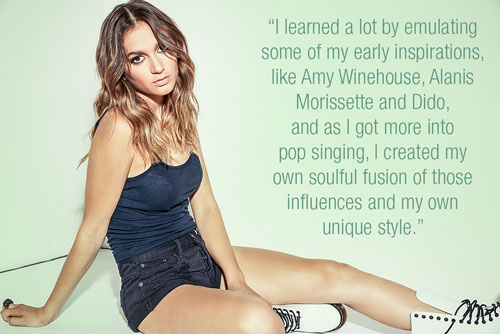 MC: How do you feel it will help you build upon your success with your early singles?
MC: How do you feel it will help you build upon your success with your early singles?
Daya: Those two singles are the perfect foundation to build from. They helped me start a solid fan base and gain a toehold on the industry while introducing a taste of who I am as an artist. The album includes those songs and serves as a continuation, furthering the conversation.
MC: The title track has already been a hit on the charts. Why was this the best title for the album as a whole?
Daya: It comes back to empowerment, which is the most relevant thing in my life right now. I’m able to use this album as a platform to bring positive ideas and encouragement into the lives of younger listeners. It’s all about being authentic and going for your passions and what you want to do in life. The title was important for me because I am not just a young girl who sits still and looks pretty, or acts as an accessory for a guy. I’m my own person and want to find more happiness with who I am, just as I hope my fans will do.
MC: You’ve been playing the piano since age three and took up jazz piano at 11 before picking up many other instruments. When did you first aspire to be a pop singer/songwriter and why is that the course you chose to pursue?
Daya: I was classically trained, but I always had a love for pop music and a knack for singing it. I learned a lot by emulating some of my early inspirations like Amy Winehouse, Alanis Morissette and Dido, and as I got more into pop singing, I created my own soulful fusion of those influences and my own unique style. I didn’t stick with straight pop, however. I love a lot of indie pop and electro-pop and made sure those vibes were on the album, too. That is stuff that has always interested me and that I listen to and draw from a lot.
MC: Who are your greatest musical influences and why?
Daya: Amy was huge one for me. She was such a talented artist, so authentic and unapologetically herself. And she had a unique sound that no one else had at the time. I wanted to definitely pull inspiration from her. When I was making my earliest recordings, I did covers of Alanis and Dido as well, because they have soulful tones a that matched the places I wanted to take my voice.
MC: How did you first meet songwriter, producer and artist manager Gino Barletta, and what made him realize that he wanted to bring you to Los Angeles to work with you?
Daya: Gino was a talented songwriter working in L.A. who went to college with my voice teacher Christina and was still a good friend of hers. I enrolled in her school, the Accelerando Music Conservatory, when I was 11 and was still taking private lessons with her. Gino would come to singing workshops of hers in Pittsburgh and, when he heard me sing, he thought I had potential. So I’m this junior in high school and suddenly he asked me to come out to L.A. to do some songwriting sessions. I don’t think he was specifically looking for a new artist to develop, but he seemed excited to work with fresh young talent. He observed that I was willing to work hard to achieve my goals. The way we clicked was amazing and unexpected.
MC: When you came to L.A. for the first time to work with him, what was the original goal? Was it just to test the waters and help you develop as a songwriter, or more?
Daya: He invited me to join him and some other songwriters at Paramount Recording Studios to test the waters and try some collaborations and see what happened. Of course the idea that I might pursue being an artist was in the back of his mind, but he felt like we might be able to gain a stronger foothold if we started me out songwriting. We emerged from the session with “Hide Away.” The co-writers were Gino, Brett McLaughlin and Britten Newbill, and the track was produced by Scott Bruzenak, who is also known as Noisecastle III. The song came out great, and I really connected with it vocally––to the point where we couldn’t imagine anyone else recording it! So that’s when Gino started thinking of me as an artist as well as a songwriter.


